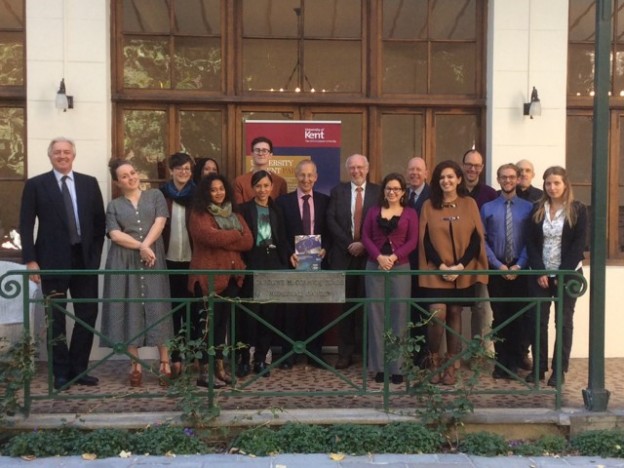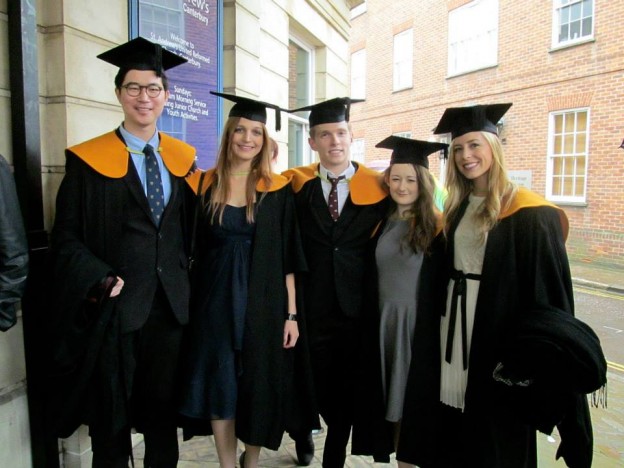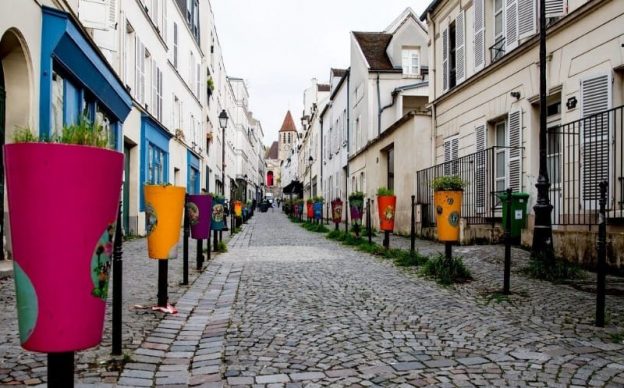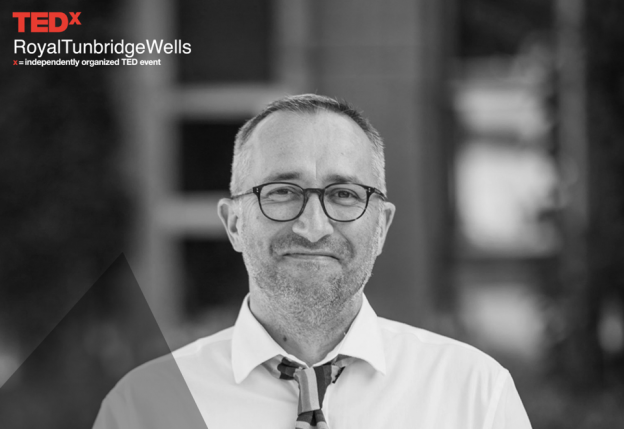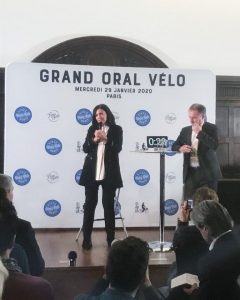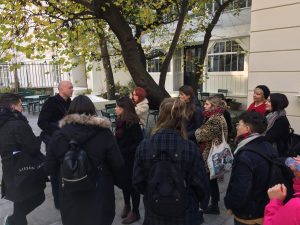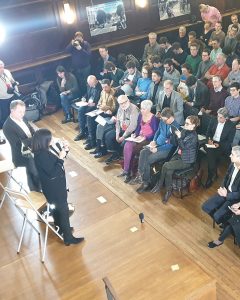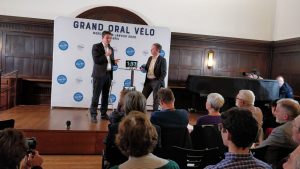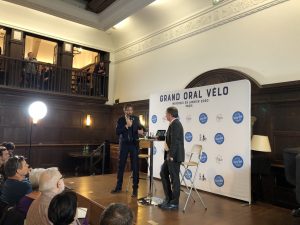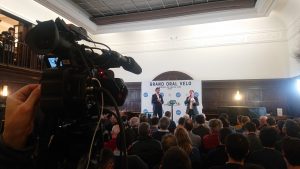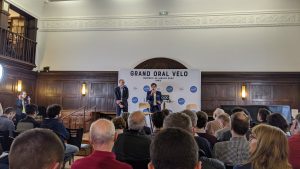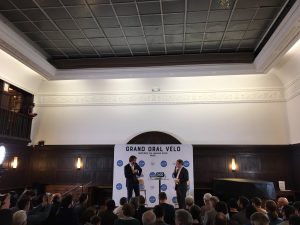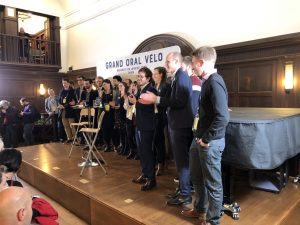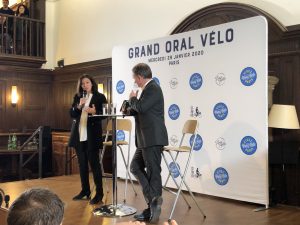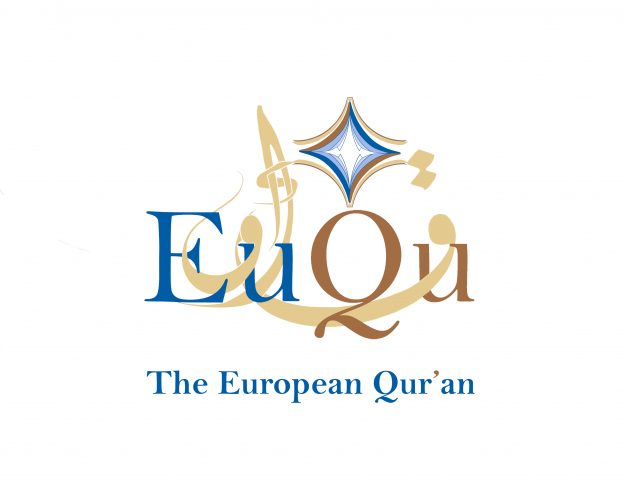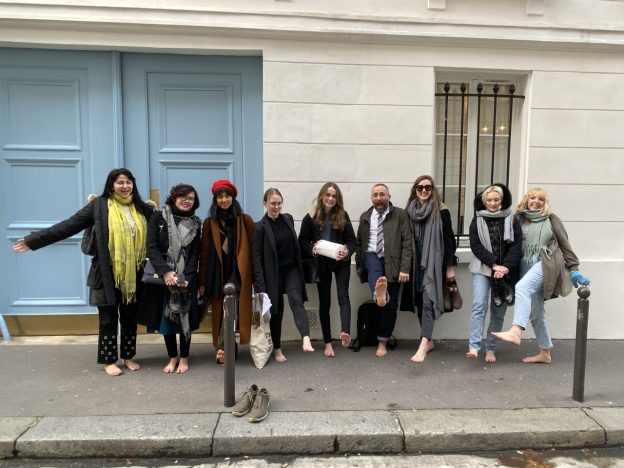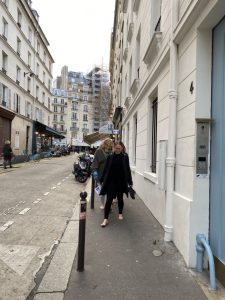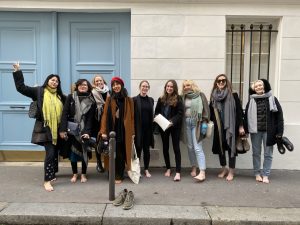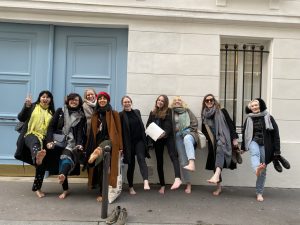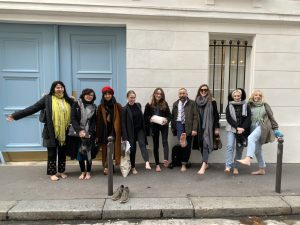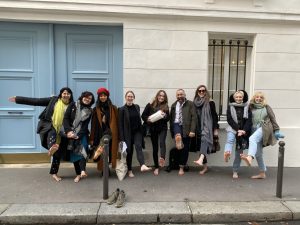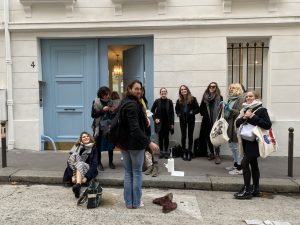What has COVID-19 revealed about our political world? Has it changed politics and the world order? Why does a pandemic isolate us and bring us together? And does the world really want change after a vaccine?
Date: Thursday 14th May
Time: 3pm (Brussels/Paris time)
Scholars from the University of Kent’s internationally renown Brussels School of International Studies will discuss the complex political world of COVID-19 responses, the effectiveness of politicians, the hidden politics behind the health management and the potential of new political environments.
Professor Adrian Pabst
Professor of Politics @University of Kent
Dr Amanda Klekowski von Koppenfels
Reader in Migration @University of Kent
Dr Albena Azmanova
Reader in Political and Social Thought @University of Kent
Register your place by clicking on this link!
This is the latest in our webinar series on international issues in the face of the COVID-19 pandemic.
Previous Talk: (Watch it back below)
Title: Whatever Happened to Brexit? Europe After COVID-19
Just a few months ago, Brexit was the dominant issue on the EU’s agenda – things have changed. Does the pandemic threaten the already tight negotiation schedule between the EU and the UK? How does it change the position of both parties? And how about the credibility of the EU, at times when solidarity seems to be questioned?
Next talk:
‘Literature, Life and Lockdown: How the Humanities can help the Species Survive‘, featuring Professor Ben Hutchinson, Professor of European Literature and Academic Director of Kent’s Paris School of Arts and Culture, Dr Frances Guerin, Senior Lecturer and Deputy Director of Graduate Studies of Paris programmes at Kent’s School of Arts, and Dr Lauren Ware Lecturer in Philosophy at Kent’s School of European Culture and Languages (1 June 2020).

